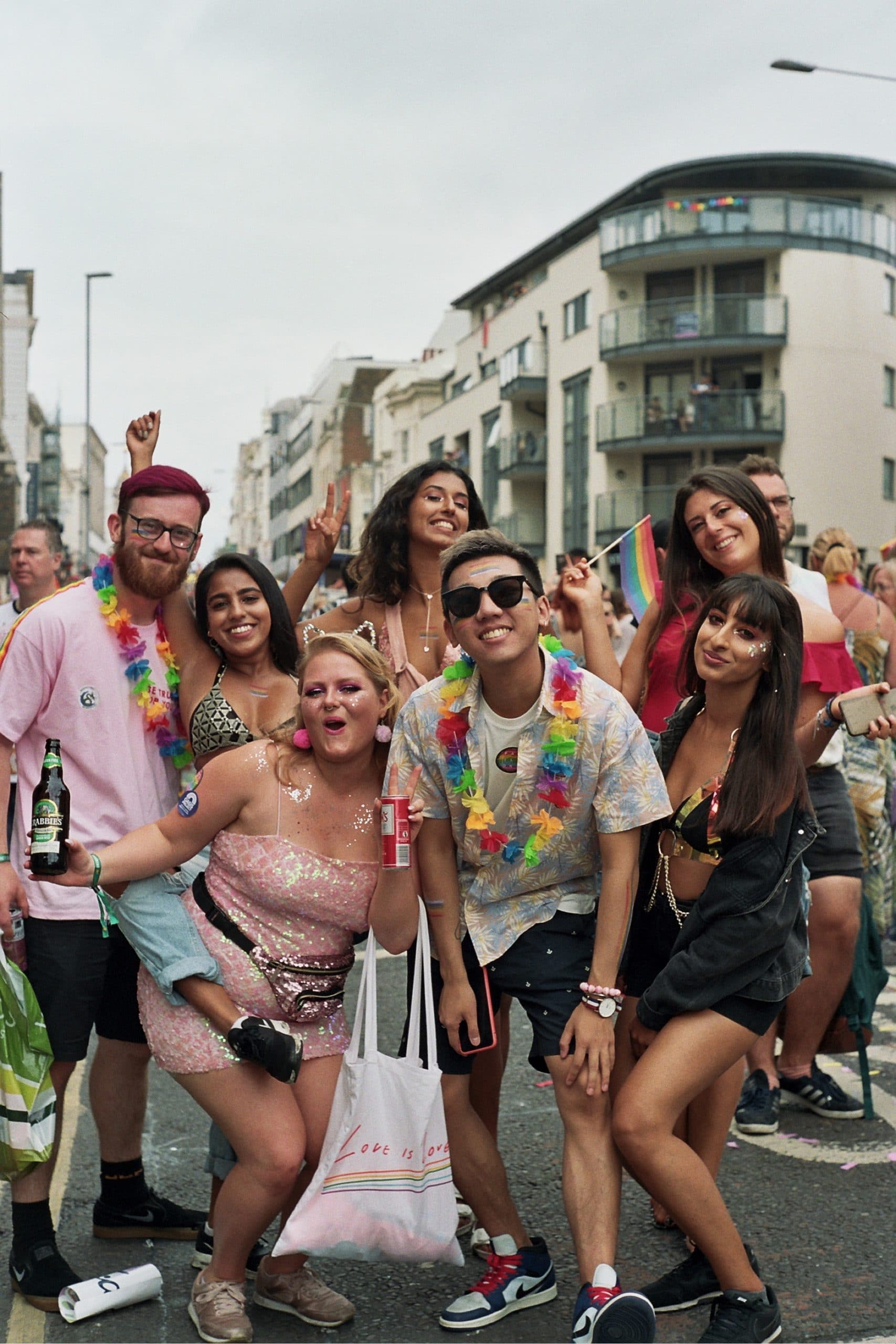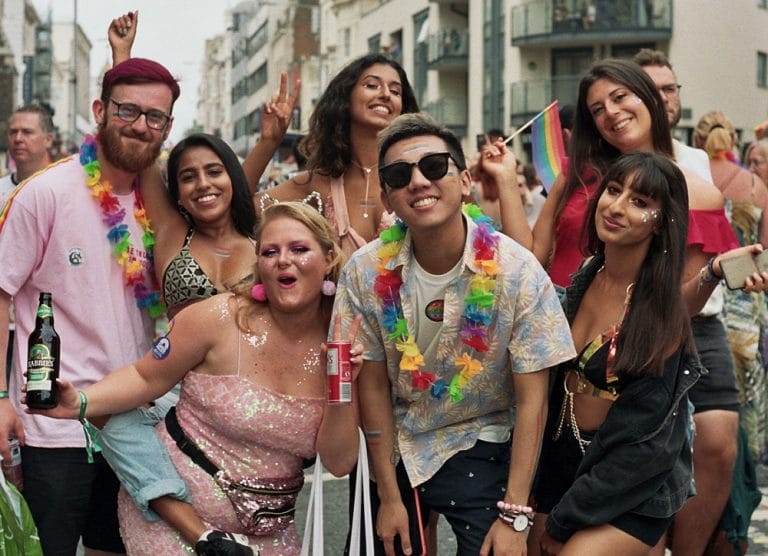Everything you need to know about international day against homophobia, transphobia and biphobia
Why is international day against homophobia, transphobia and biphobia celebrated on 17 May?
Up until 1990, homosexuality was listed on the World Health Organization’s (WHO) International Classification of Diseases (ICD). The same year, on 17 May, homosexuality was officially declassified as a mental disorder. That’s why in 2004 when the concept for the day was being conceived, 17 May was picked as the yearly date on which the international day against homophobia (transphobia and biphobia were added a few years after) would be celebrated.
Now celebrated globally, the international day against homophobia, transphobia and biphobia is a coordination of international events that raise awareness of LGBTQ rights violations and stimulate interest in LGBTQ rights work. After a year-long campaign to implement the day, in 2005, the founder of the day, Louis-Georges Tin, established the IDAHO Committee, which would coordinate grass-roots actions in different countries in order to promote the day and to lobby for official recognition on 17 May.
24,000 individuals as well as organisations such as the International Lesbian and Gay Association (ILGA), the International Gay and Lesbian Human Rights Commission (IGLHRC), the World Congress of LGBT Jews, and the Coalition of African Lesbians signed an appeal to support the IDAHO initiative. Further along the line, activities for the day took place in more and more countries, including the first LGBT events ever to take place in the Congo, China, and Bulgaria.
According to the IDAHO Committee’s summary report, in 2016, the commemorations had taken place in 132 countries across the globe.
When was transphobia added to the international day against homophobia?
Transphobia was added to the name of the campaign in 2009 and activities that year focused primarily on the violence and discrimination against transgender people. A new petition was launched in cooperation with LGBTQ organizations in 2009, and it was supported by more than 300 NGOs from 75 countries, as well as three Nobel Prize winners (Elfriede Jelinek, Françoise Barré-Sinoussi, and Luc Montagnier).
On the eve of 17 May, 2009, France became the first country in the world to officially remove transgender issues from its list of mental illnesses.
When was biphobia added to the international day against homophobia?
Biphobia was added to the name of the campaign in 2015.

What impact has the international day against homophobia, transphobia and biphobia had?
Many countries still criminalise same-sex relationships, which means that millions of gays, lesbians, bisexuals and trans people are unable to live their lives freely and are subject to punishments, abuse and violence. The IDAHO is frequently used as a platform for organising initiatives to advance the fight for the rights of LGBTQI+ groups in many countries, especially in those where homosexuality is criminalised.
How is May 17 celebrated around the world?
In Europe and Latin America, the day is commemorated with public events in almost all countries. The date is also marked in multiple countries where same-sex relationships are still criminalised as a day to protest and take actions such as large-scale street marches, parades and festivals.
In Cuba, Mariela Castro, the director of the Cuban National Center for Sex Education as well as the National Commission for Comprehensive Attention to Transsexual People has led out a huge street parade in honour of 17 May for the past 3 years. In Chile in 2013, 50,000 people took to the streets to mark the day.
In 2013, Bangladeshi activists organised the music festival Love Music Hate Homophobia. In 2012 and 2013, Albanian LGBTQ activists have been organising an annual Bike (P)Ride through the streets of Tirana.
On Friday 17 May, 2019, Taiwan became the first country in Asia to legally recognise same-sex marriage. In Nepal, this day is celebrated as the international day against queer / MOGAI-phobia as well as the international day against homophobia, transphobia and biphobia.
What is the goal of the international day against homophobia, transphobia and biphobia?
The main purpose here is to raise awareness of violence, discrimination, and repression of LGBTQI+ communities worldwide, which in turn provides an opportunity to take action and engage in dialogue with the media, policymakers, public opinion and our society in general.






